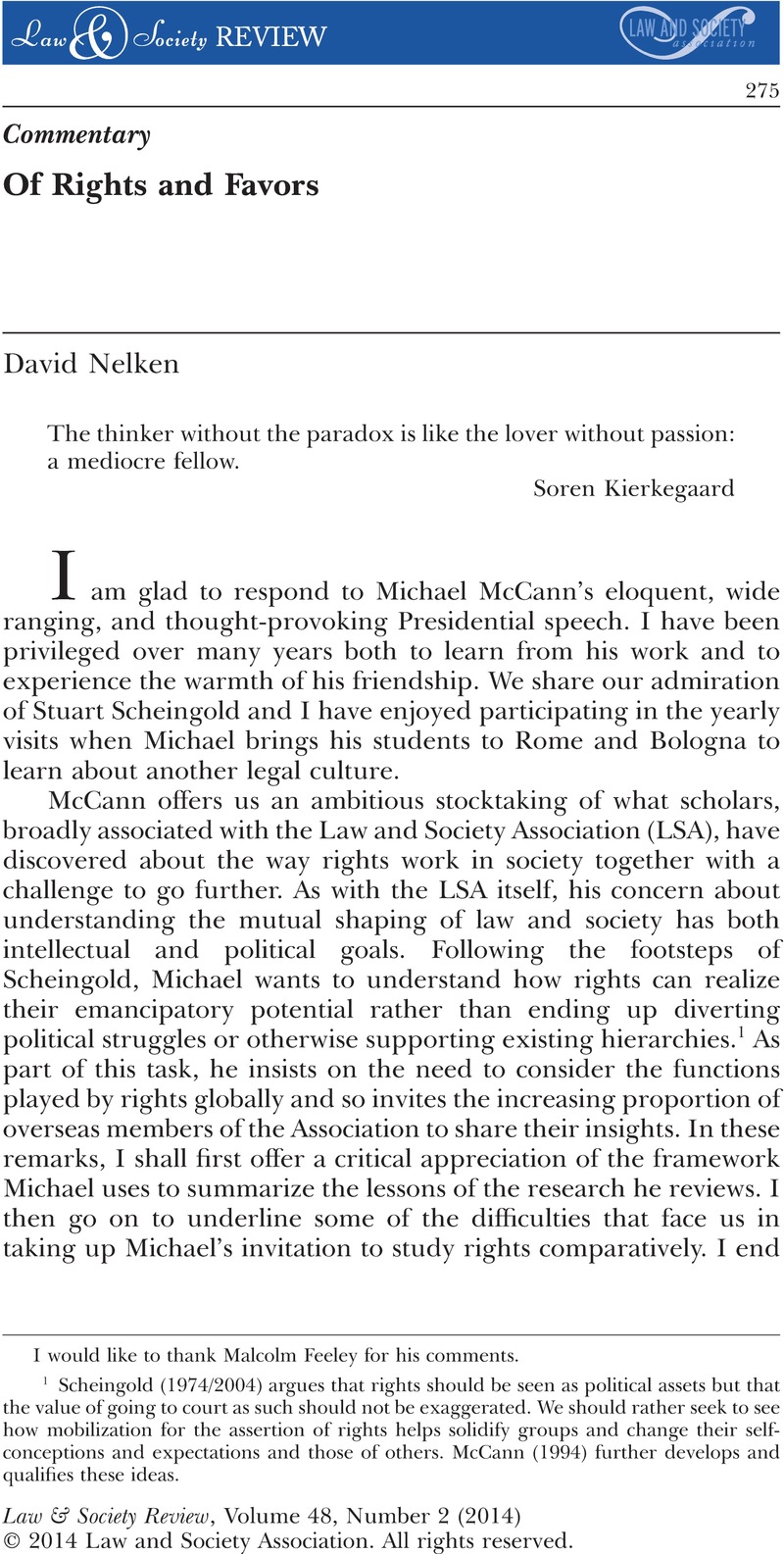Crossref Citations
This article has been cited by the following publications. This list is generated based on data provided by Crossref.
Dudai, R.
2014.
Introduction--Rights Choices: Dilemmas of Human Rights Practice.
Journal of Human Rights Practice,
Vol. 6,
Issue. 3,
p.
389.
Gallo, Zelia A
2015.
Punishment, authority and political economy: Italian challenges to western punitiveness.
Punishment & Society,
Vol. 17,
Issue. 5,
p.
598.
Gallo, Zelia
2017.
‘The constitution of political membership’: Punishment, political membership, and the Italian case.
Theoretical Criminology,
Vol. 21,
Issue. 4,
p.
458.
Gallo, Zelia A.
2019.
The penal implications of austerity: Italian punishment in the wake of the Eurozone crisis.
European Journal of Criminology,
Vol. 16,
Issue. 2,
p.
147.


